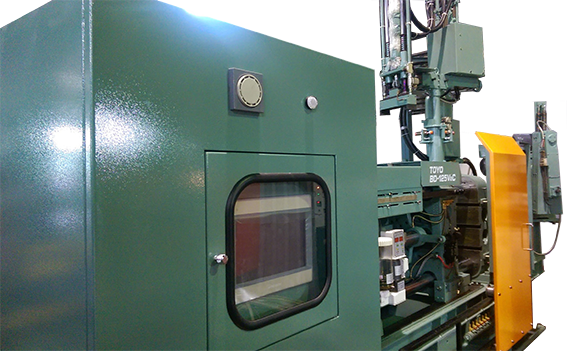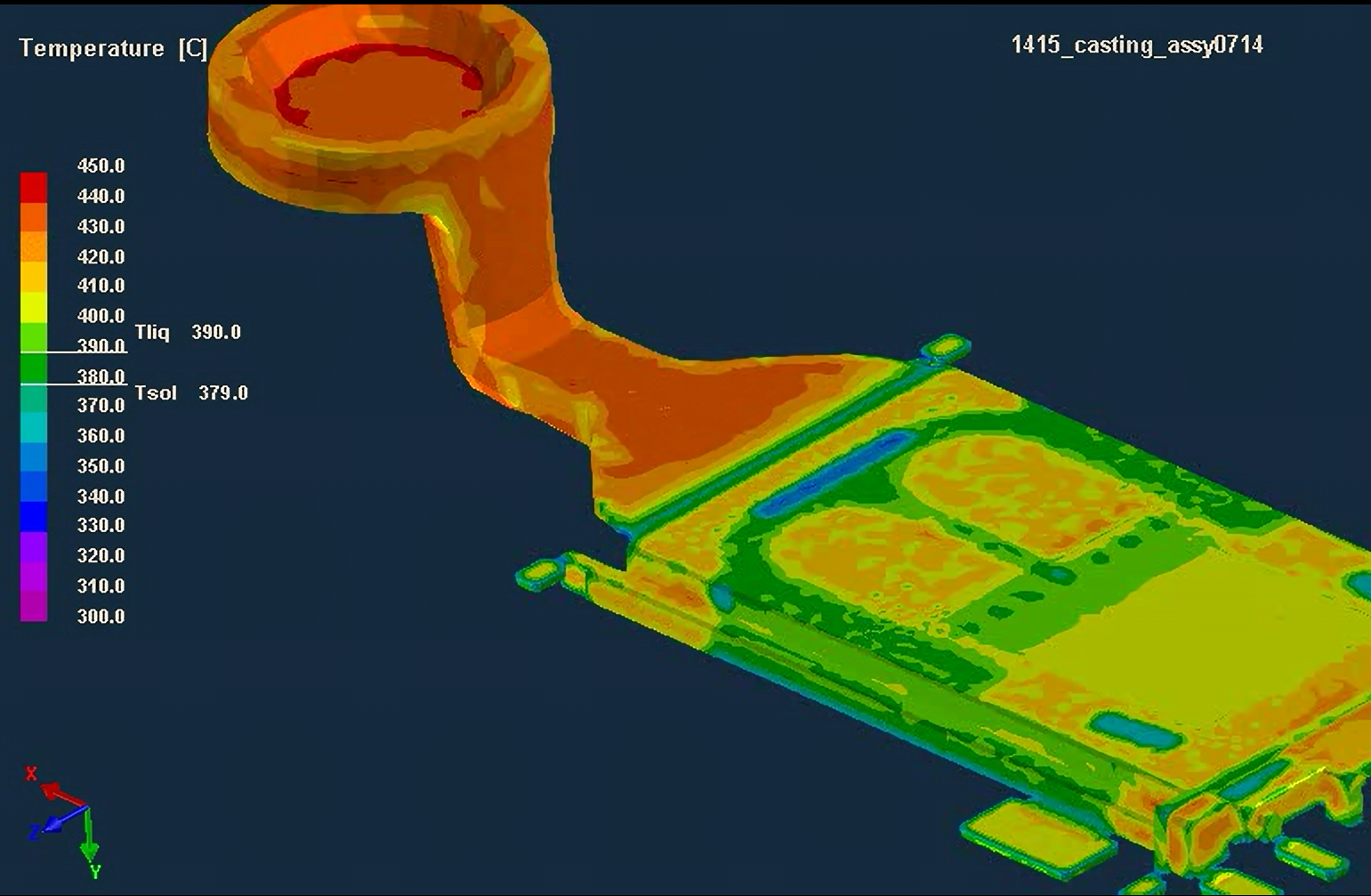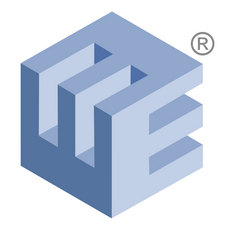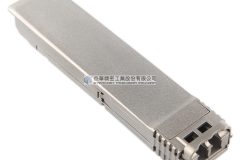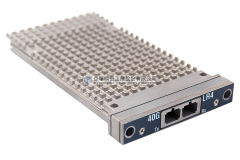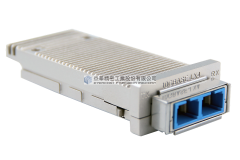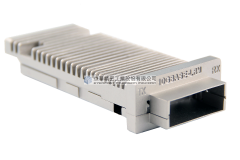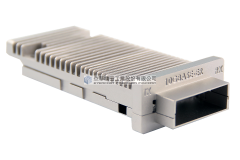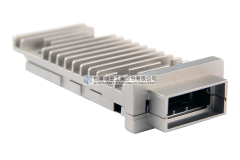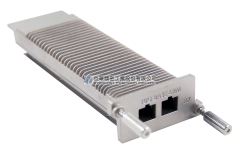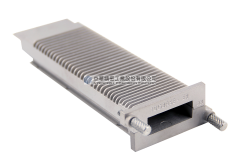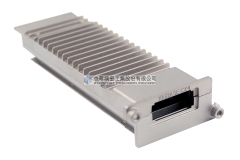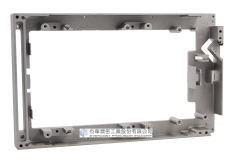Aluminum Die Casting
Evercast have around 20 years of experiences manufacturing aluminum die casting tooling and parts. There are many different parts we’ve made for our customers around the world. From regular standard hardware to precise optical purpose mechanical products, millions of pieces were produced and delivered. To learn more about what we have made for our customers, please consult with our Sales Team. Thanks.
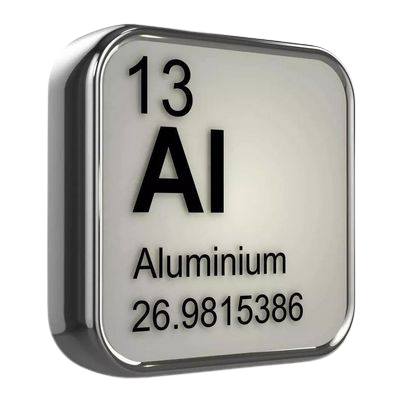
Capability
Examples
Product Showcase
